Welcome to GTR Seeds, glad you found us. We are not pollen chucker's, we are not the hype breeders you meet at over-priced over-hyped conventions, and we spend $0 on advertising.
We are a wholly independently owned, plant-first breeding operation that uses science and experience to create the most reliable, consistent, vigorous, unique, and stable feminized genetics on the market. No outside funding, no stocks, no IPO's, and funded completely by our own innovations.
Everything we create has been made with dedication and intention. When you start 10 or 100,000 of our seeds, you can expect consistently excellent performing genetics.
Our seeds have covered ten's of thousands of acres worldwide for a reason. From our purpose built facilities, scientific innovations, cutting edge genomic research, to just overall badass genetics - we grow different. Take a glimpse into our breeding program, and join us as we collectively grow the cannabis revolution of the 21'st century.

CBD or THC - It's All Cannabis
Our roots in the industry run deep, with our quasi-official starts in the Oregon Medicinal Marijuana Program. In 2006, after our Co-Owner Seth Crawford suffered a herniated disk and had plenty of time to tinker with the plants, the breeding began. Our other half, Eric Crawford followed closely behind while studying horticulture at Oregon State University. The epitome of closet growers. But they grew.
Years of research, breeding, and piles of data lead to the creation of Oregon CBD in 2015. Oregon CBD quickly became one of the most innovative cannabis breeding operation of all time, but stuck as a hemp company due to state laws regarding "hemp" operations.
We ourselves prefer to smoke something with a kick, so we created GTR Seeds to sharethe goods with more than just low THC growers. Cannabis sativa L. is a single species regardless of whether plants produce high amounts of CBD, THC, or any other cannabinoid. It's all cannabis, even if some, gets folks higher than others. Fortunately we learned a thing or two about breeding all kinds.
The Trusted Source
Our focus has always been the same, create the most agronomically useful plants commercial and home growers can grow, with potent and unique cannabinoids, aromas, and beastly production numbers - and early finishing times to match.
Discover why we are the trusted source for F1 feminized cannabis seeds of all chemotypes and life cycles - from THC and CBD to THCV, CBDV, and CBG - to photoperiods, day neutral - and our industry first triploid cannabis seeds.

F1 Hybrid Seeds
Our breeding program is concentrated on producing F1 hybrids. Called the mules of plant production, they take the best parts of two parents and leave the worst behind. The process of breeding F1's takes years, and involves using two parents that have been selected after many inbred generations before we make a cross.
We start by finding a plant with a cannabinoid or characteristic we like, breed with it, inbreed, test, test, and inbreed again to find the best possible plant we can with the desirable traits locked into its genes. We take cuttings of everything, and eventually throw away the plants that don't make the cut. Over generations of selfing we track down a plant we love and keep it as a parent.
We repeat the process for another parent, breeding, inbreeding, selecting, culling, and repeating until we've got another "keeper." Each plant is inbred for at least 3 generations which limits the genetic variation. The process involves starting thousands of seeds and taking thousands of clones - and all but the chosen few are tossed. Because we work all of our lines for many generations, if see any that are predisposed to conditions like hermaphroditism they never make it seed form.
After we are confident we have selected the best possible parents, we cross the two to create F1 hybrid feminized seeds. F1's are celebrated in the plant world for their "hybrid vigor" and grow rapidly. They are also known for their consistency, with a narrow gene pool there is very little variation between plants.
Compare a pack of F1 seeds to a pollen chucker's Zkittlez x Runtz packs and you'll definitely see a difference. The vigor, homogeny, and overall plant health is obvious.
Early Season Maturation
Another hallmark of our breeding program is we use autoflower, or day neutral plant, for one of the parents in all of our crosses. Plants have significantly earlier flower initiation and maturation times outdoors compared to traditional cannabis varieties - while still remaining photoperiod sensitive. Most of our seeds are ready to pull in September. Say goodbye to harvesting in a snow storm in November.
Feminized Seeds
All of our seeds are feminized, which isn't particularly complicated, but it does take a lot of time. For us this means treating one of our inbred lines with STS to tell a female plant to produce male flowers. The treatments go on over weeks for maximum pollen production from the male flowers. In some cases the "males" produce hardly any pollen and seed runs are meager - but it in the end it means that we can offer 100% feminized seeds. Every single plant, if tested will show female XX chromosomes. That said we generally see about 1 phenotypically male plant per 4000 plants.
Oregon Seed Breeding Facilities
All of our seeds are produced in our outright-owned facilities in Oregon. These fully sealed, climate controlled light deprivation greenhouses. Each of our 18 greenhouses has over 130 individual 1000 Watt HPS lights, ductless heaters and air conditioners, positive pressure, and piles dehumidifiers. Firing up a house gets the electric meter humming. That said we are proud to host over 2 acres of solar panels.
Feminized seed production must be done in fully sealed houses to prevent cross pollination. In the past we have had neighbors growing non feminized crops of CBD/THC/etc - and any pollen drift from any other variety absolutely destroys our seed runs - and EVERY seed has to be tossed. Those who pickup our seeds can trust what they are buying - is what they are getting.
We also NEVER outsource any of our seed production.
Rigorous Plant Testing
In order to release seeds that are pure in any cannabinoid - you must test. For us this meant stepping up and investing in an HPLC machine. This allows us to accurately analyze our varieties to ensure they are rich in whatever cannabinoid we are shooting for be it CBD, THC, CBDV, THCV, etc. When you run a breeding program with plants rich in differing cannabinoids it can be really easy to screw things up. Sending out seeds that have high THC to a hemp farmer can not only lead to serious financial ruin, but also possible jail time. Breeding is complicated and without testing you really have no idea if what you produce is what you say it is. We take pride in delivering.
We have also worked with universities across the nation over the years, with extensive field trials at institutions such as Oregon State University, Cornell, Rutgers, Ole' Miss, University of Vermont, and North Carolina State.

Breeding with Science
We have developed many firsts in the cannabis industry. From the first commercial CBD autoflower seeds to high CBG seeds, and more recently the first commercial triploid cannabis seeds. These developments took many many years and millions in resources to put into reliably feminized seed form.
We also host a Sequel II genomic sequencer and have the largest library of whole sequenced cannabis genome's out there. This machine is at the top of its class for reading genomic sequences and are hosted by very few private institutions.
We were asked by the state to sequence a psilocybin mushroom for the first time. While it may just spew out millions of pages of numbers and code - we have been able to identify genomic markers in varieties that allow us to know which plants to keep and which plants to ditch early on. That said it wasn't cheap.....And having the bright minds on staff that know how to run all this fancy machinery is a pleasure but once again ain't free.
Not to mention countless hours behind the HPLC machine and Flow Cytometry. While the fancy words may mean little, you wouldn't be picking out the 35% strains you do at a dispensary without the testing.
 Triploid Cannabis Seeds
Triploid Cannabis Seeds
When it comes to breeding seeds, triploids have been perhaps the greatest challenge to us. Not only did we employee a team for years to develop the processes to produce them for commercial sales - the entire process of getting them from concept to seed is far beyond anything we've ever had to do.
Step 1, isolate and inbreed until we find two different lines we like to make an F1 hybrid we are proud of.
Step 2, convert one of the plants to tetraploids. This involves treating dozens of plants over several weeks with a substance that induces cell division to create a tetraploid. The majority do not survive and the few that do take plenty of nurturing to get back to health.
Step 3, test every new shoot that comes off the plant. Using a flow cytometry machine we test every single new shoot that comes off the plant to ensure plants are in fact tetraploids. Plants frequently revert back to diploids rendering them garbage meant for the compost pile. We continue this process for several weeks until we are confident the plants are entirely tetraploids.
Step 4, clone and clone and clone. Once the plant has gained some girth we start taking cuttings that will eventually become the seed baring plants in for our runs.
Steph 5, pollinate. Tetraploid plants don't like to make seeds so the pollination process is long and tedious. Because tetraploids don't like to make seeds we end up with between 5%-30% of the seeds we would normally end up with after a traditional diploid cross - but pour in the same amount of resources to the growing and pollinating.
The results are true to type F1 hybrid feminized triploid seeds. We love the vigor and the incredible quality of flower these plants produce. Not to mention the fact that they really don't like making seeds!
If you are curious about triploid cannabis, read up here
Novel Cannabinoids - CBG, CBDV, & THCV Seeds
We have spent years tracking down and producing plants with not only everyones favorite cannabinoids - but also the rare and unknown's like CBG, CBDV and THCV. The entire process, for finding a plant with a little spike in a rare cannabinoid - to producing consistent F1 seeds that will yield consistent novel cannabinoid rich plants takes years.
Testing, testing, and more testing. Novel cannabinoids are generally highly recessive traits that require absolutely insane amounts of plant populations to track down. Lots of space, lots of time, and lots of testing.
For us the time and money investment rarely pays off - but we are still excited to see what the unique effects of each cannabinoid have on people. We are proud to offer the most diverse and scientifically advanced lineup of any seed breeder in cannabis.
Certified Organic Cannabis Seeds
We are one of the few cannabis seed breeding companies to have USDA certified organic seeds. Not only does this help farmers who seek to grow certified organic crops, it also means all of our genetics are Non-GMO.
Thanks for taking a look into our breeding program. We know you'll appreciate the work.
Check out this video on youtube for a bit more into the minds behind our program!

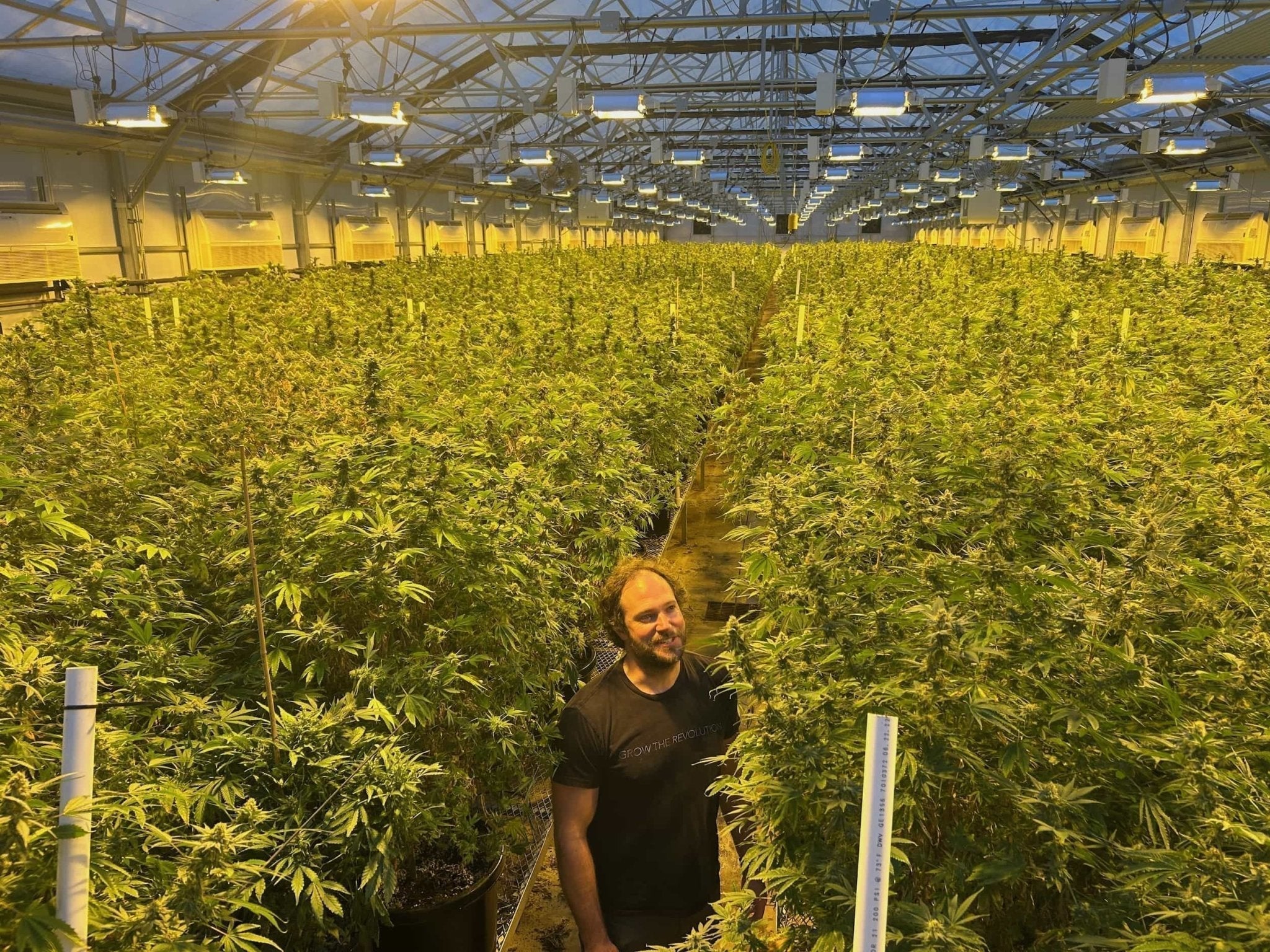
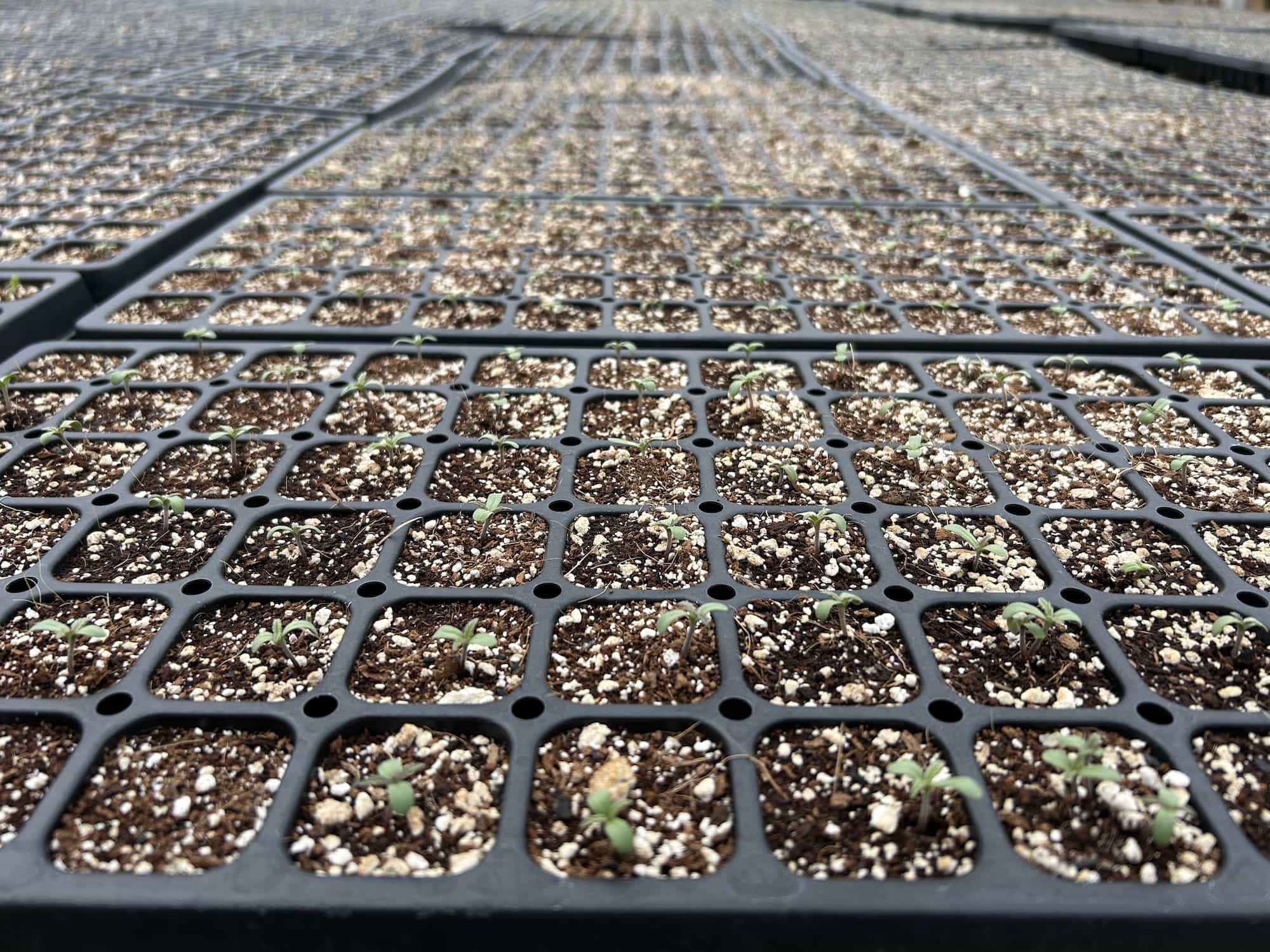
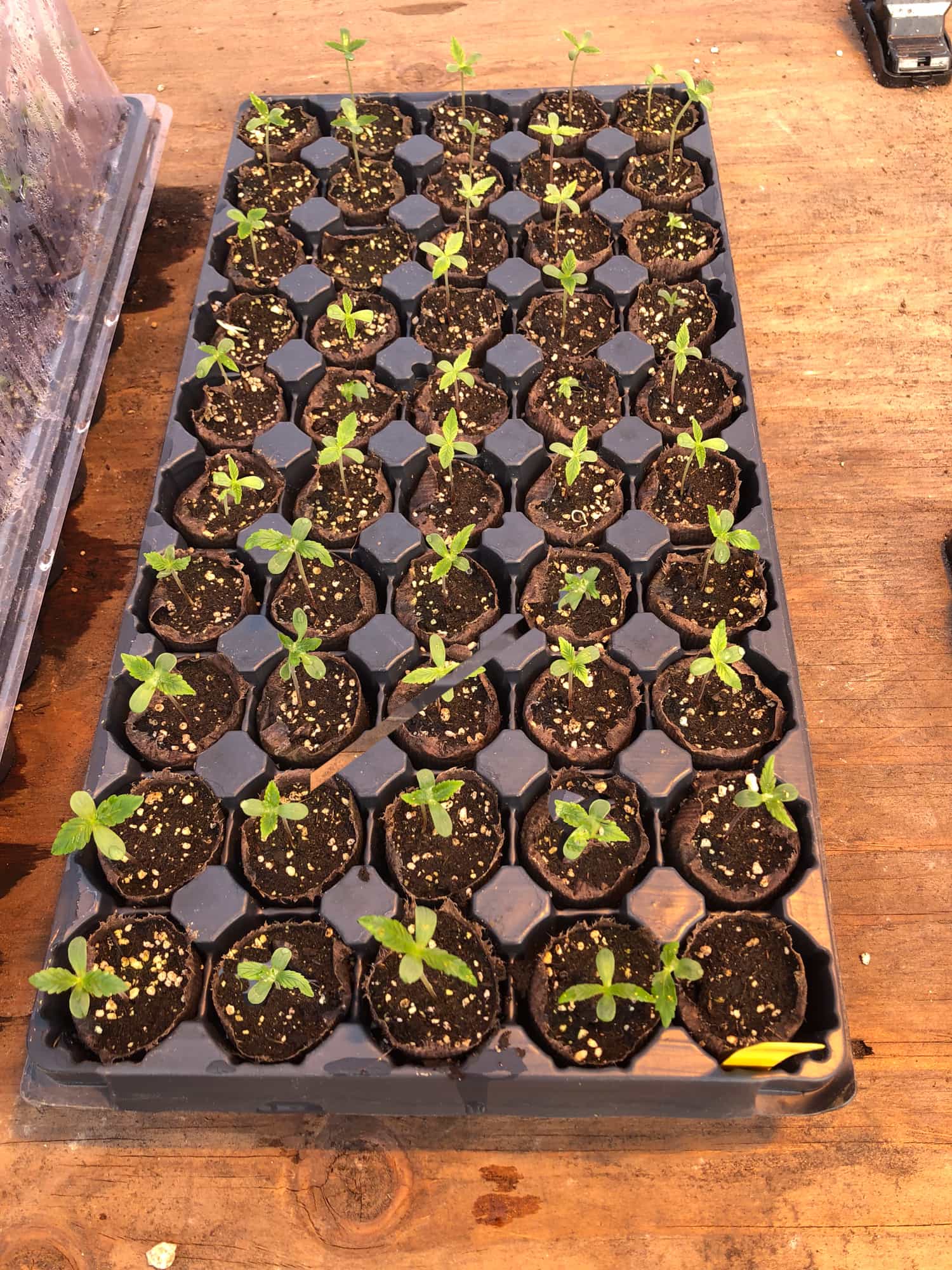
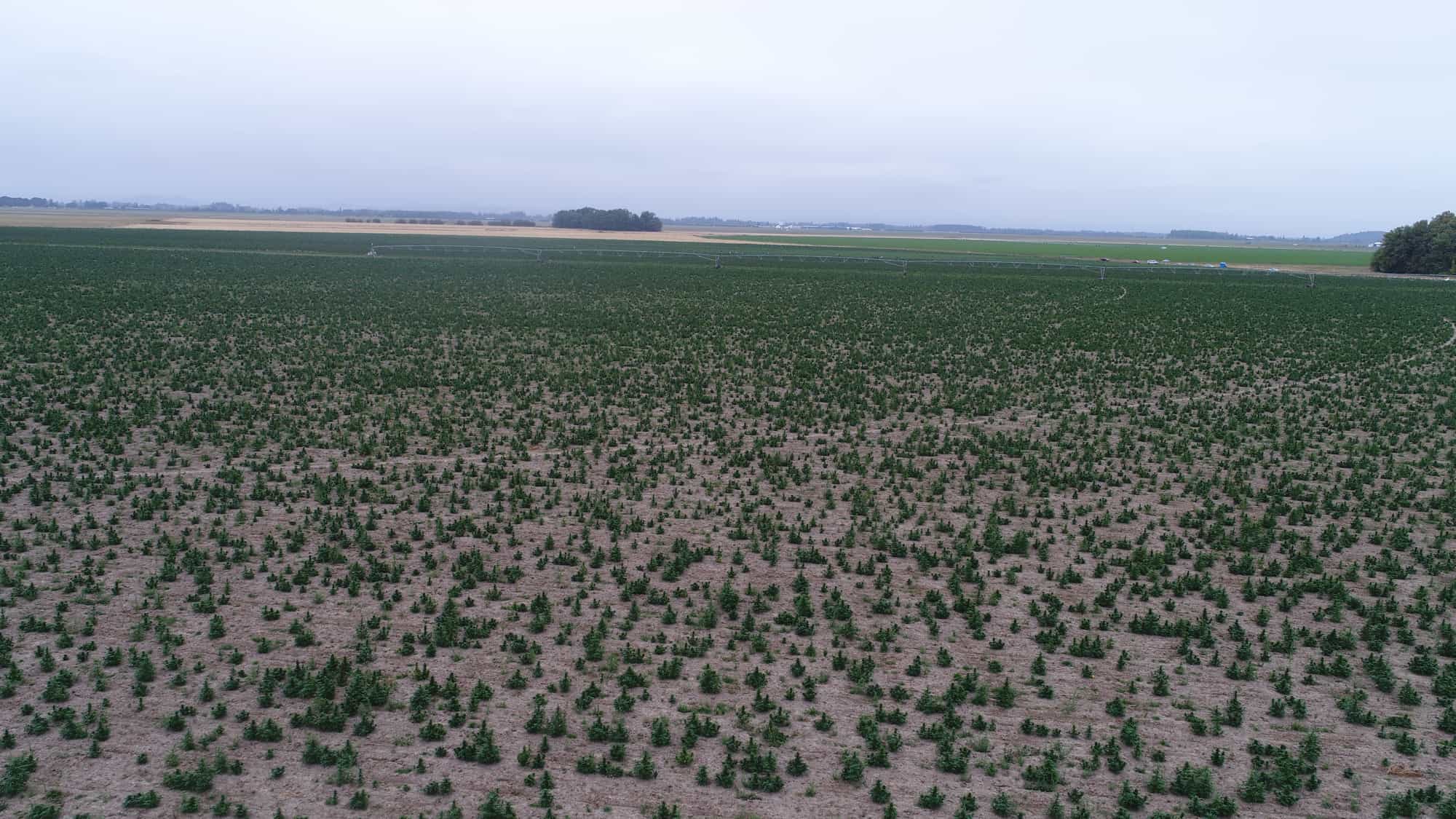
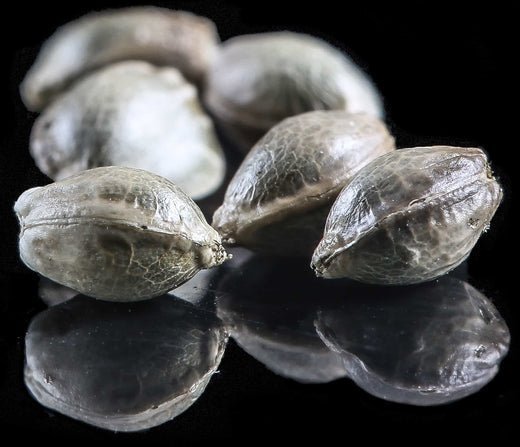
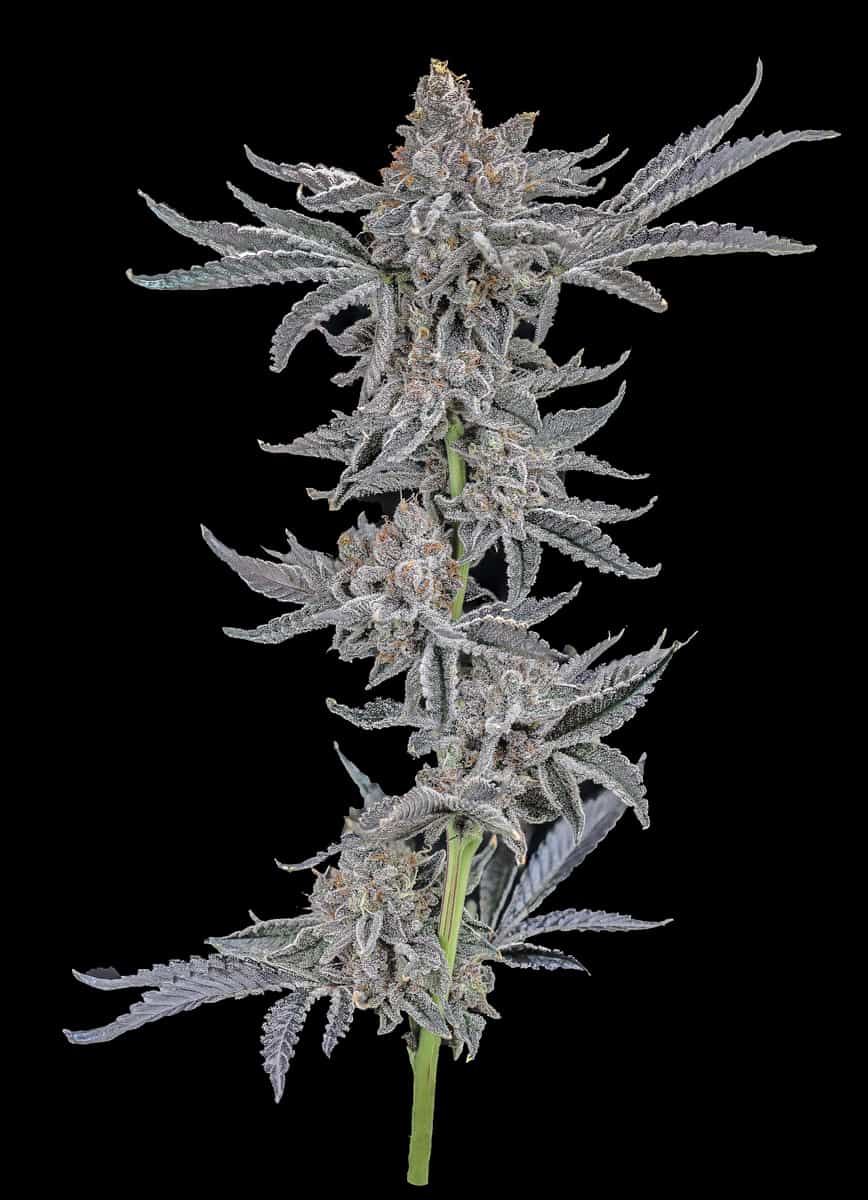
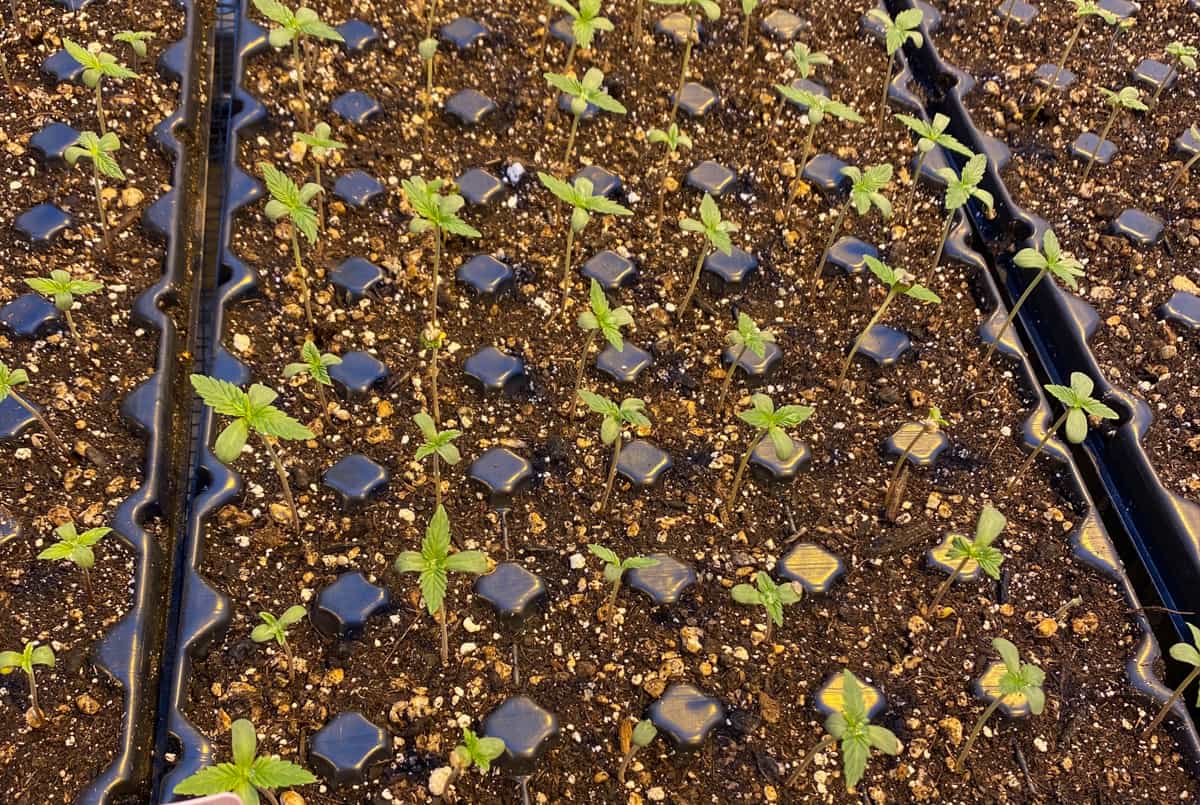






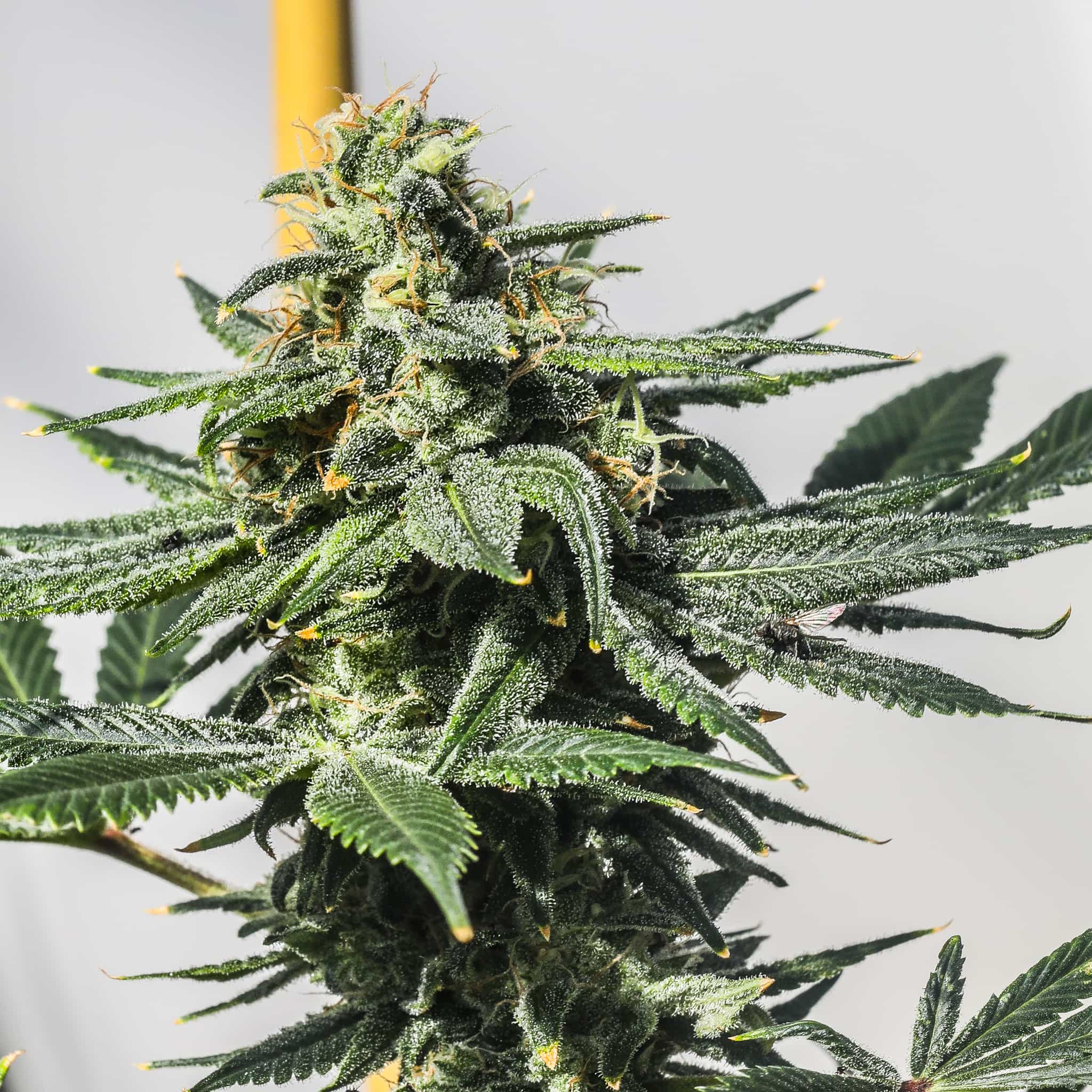
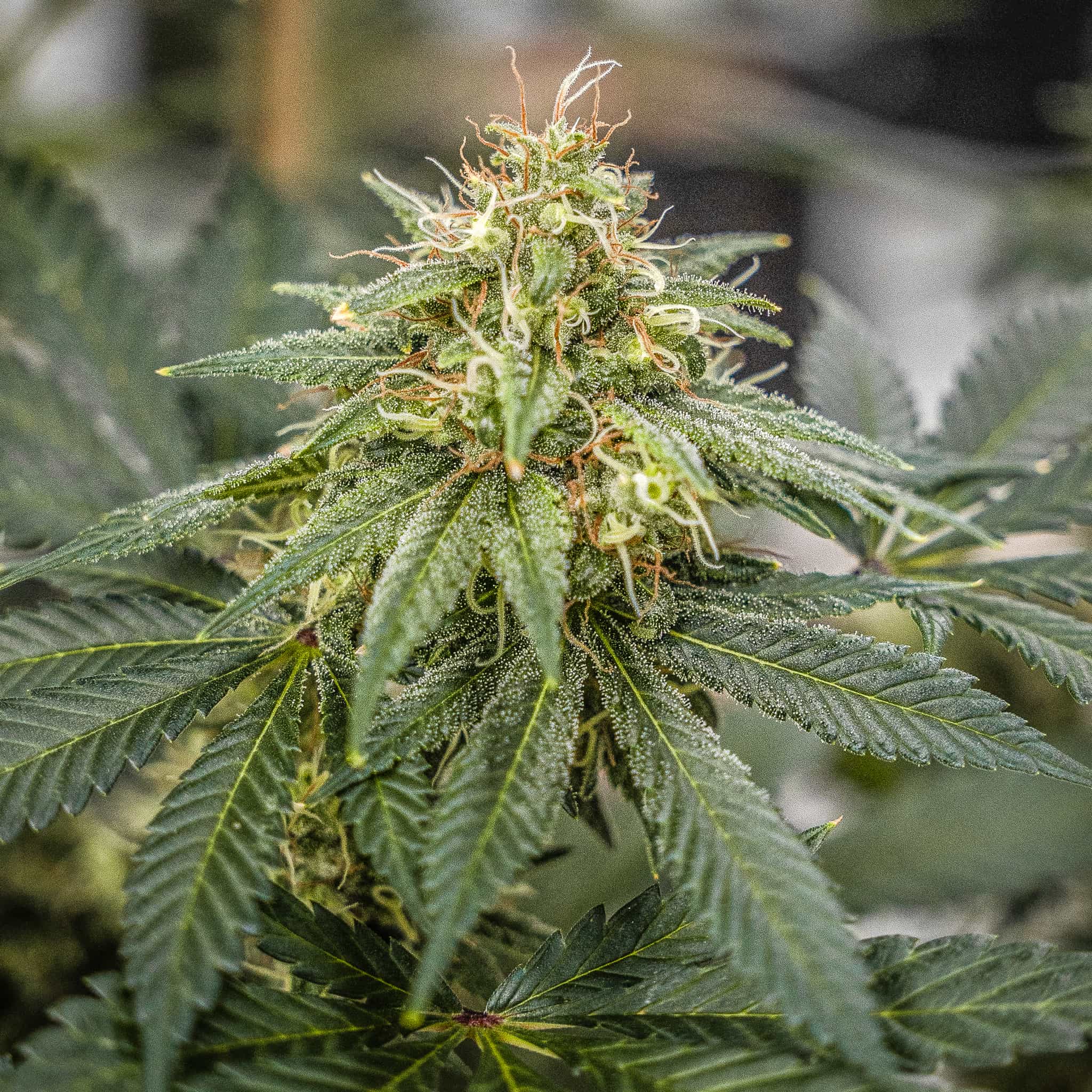
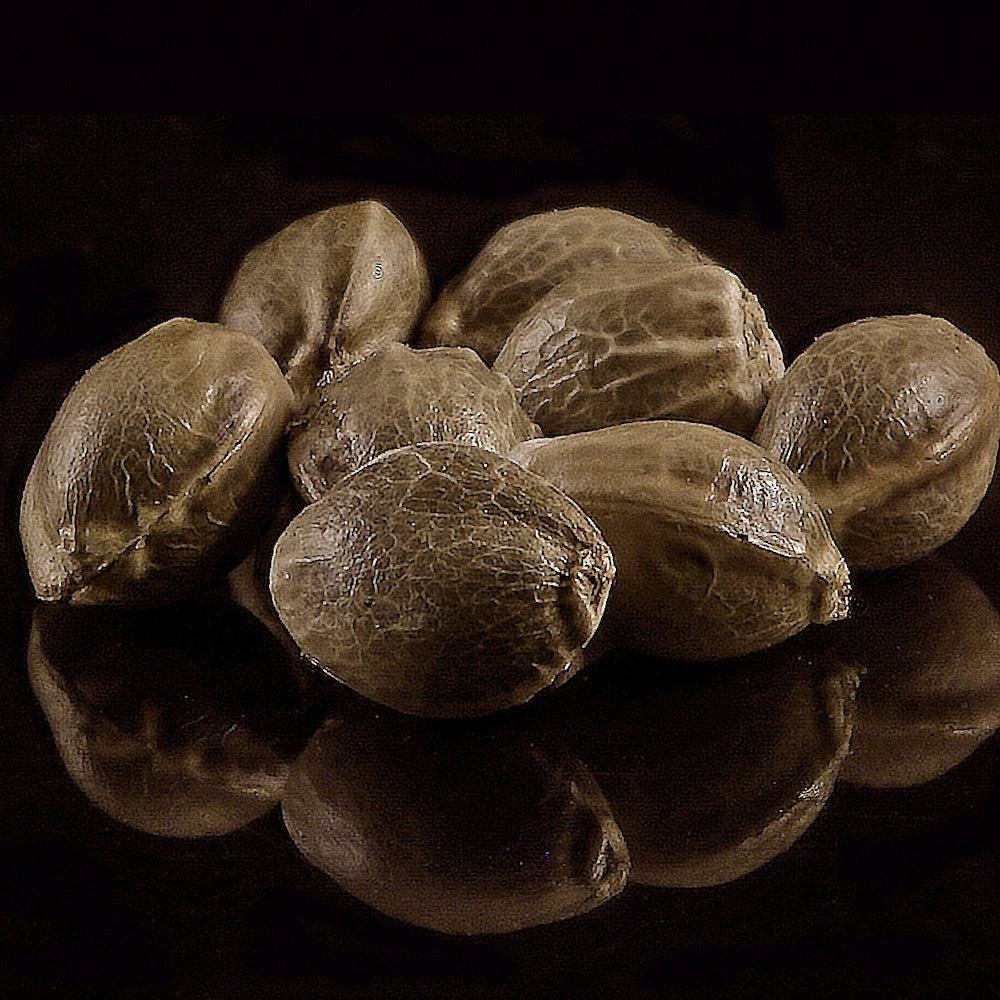

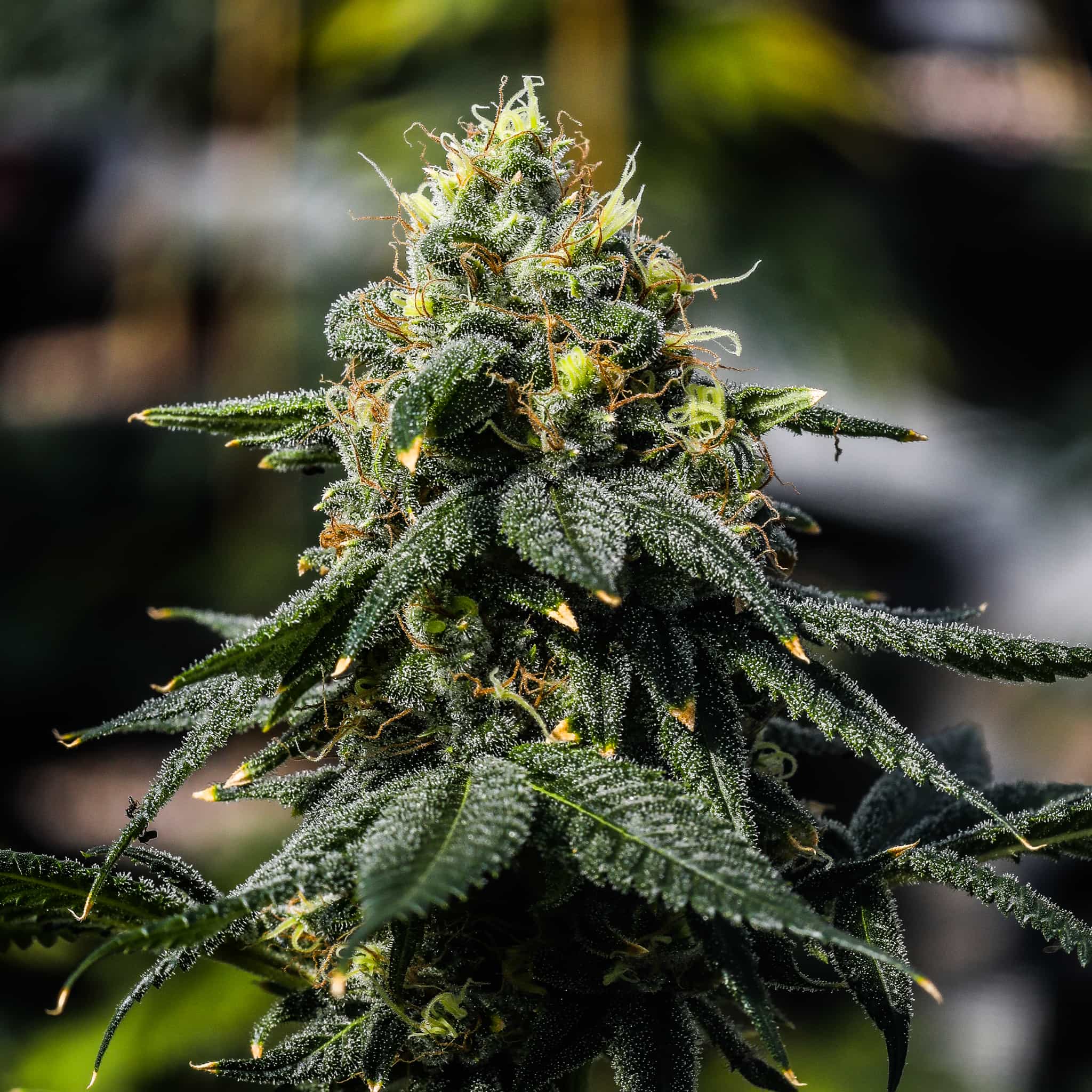
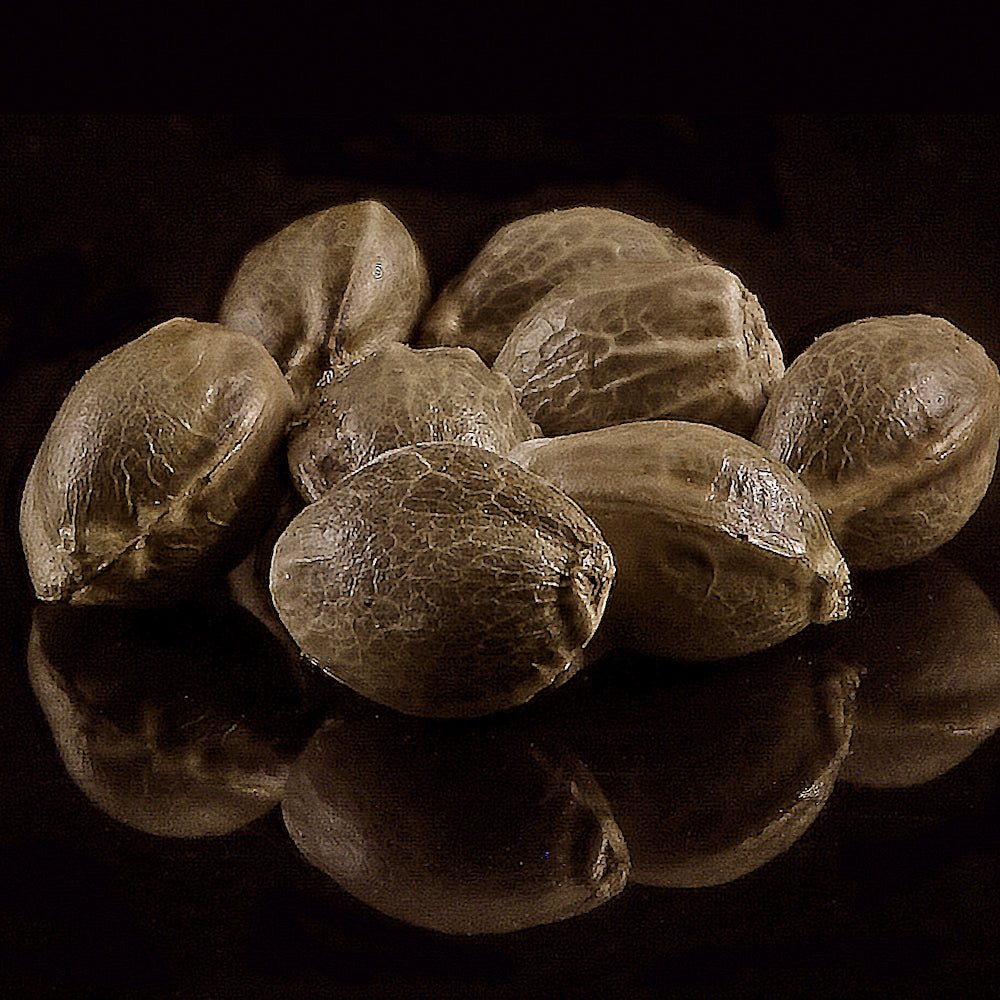
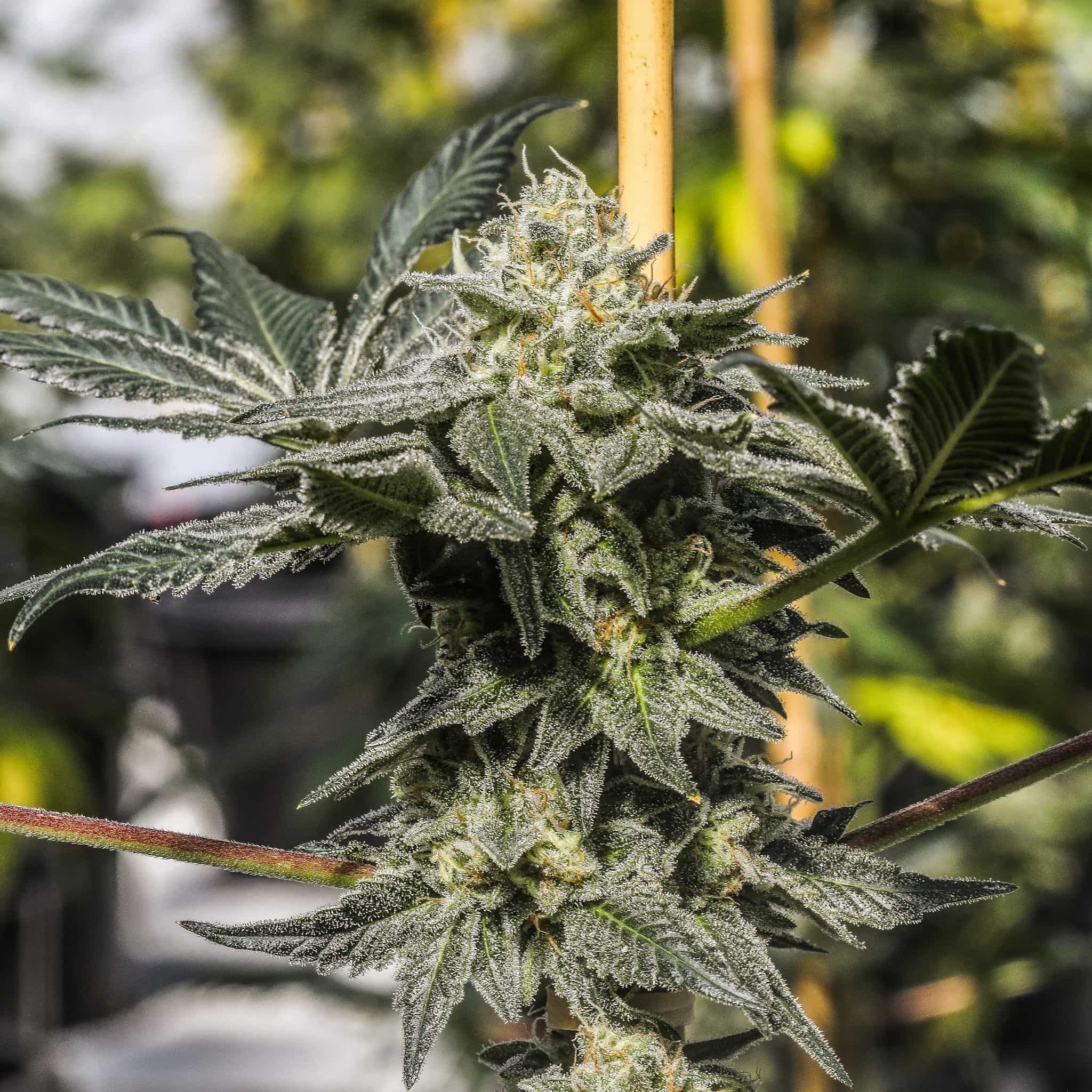
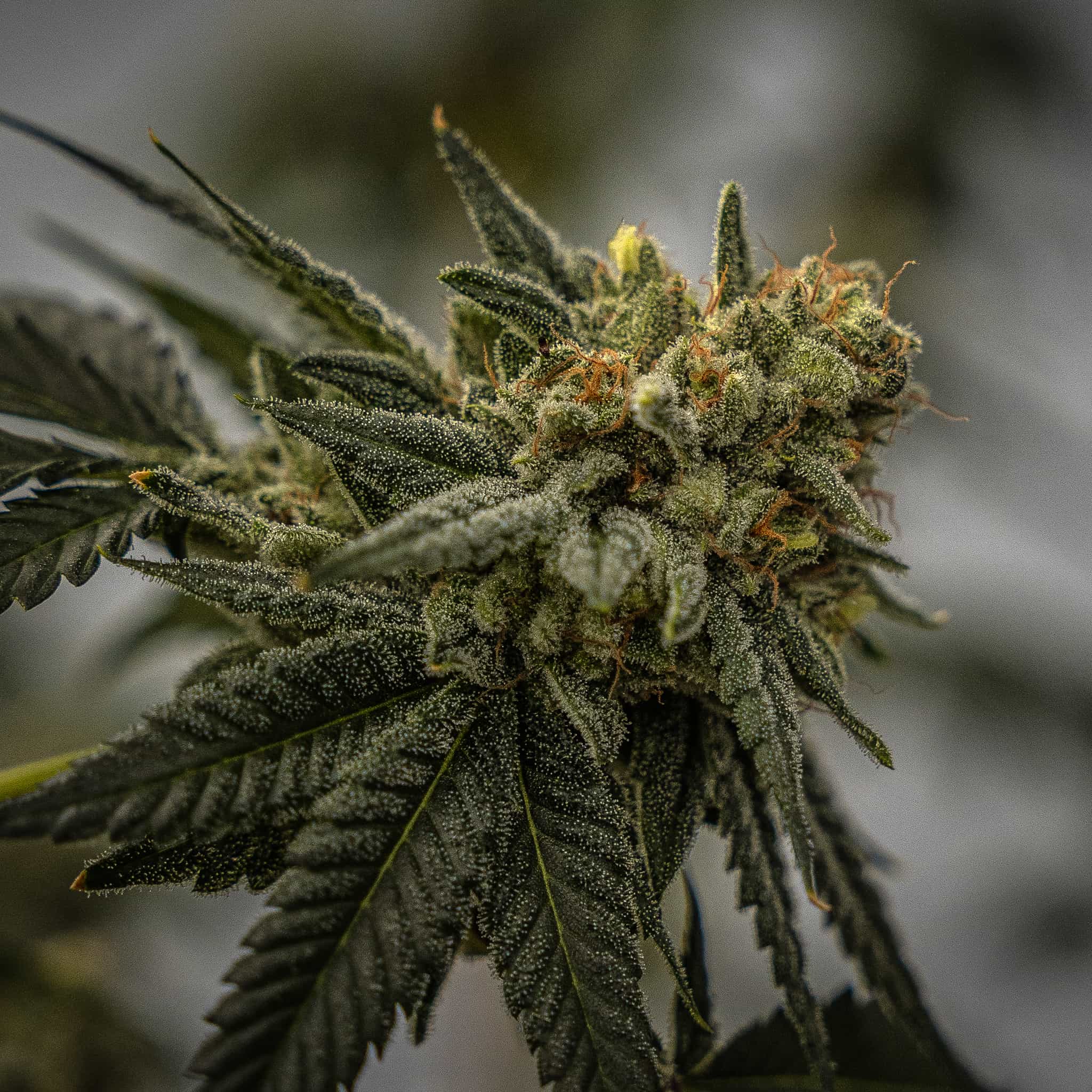
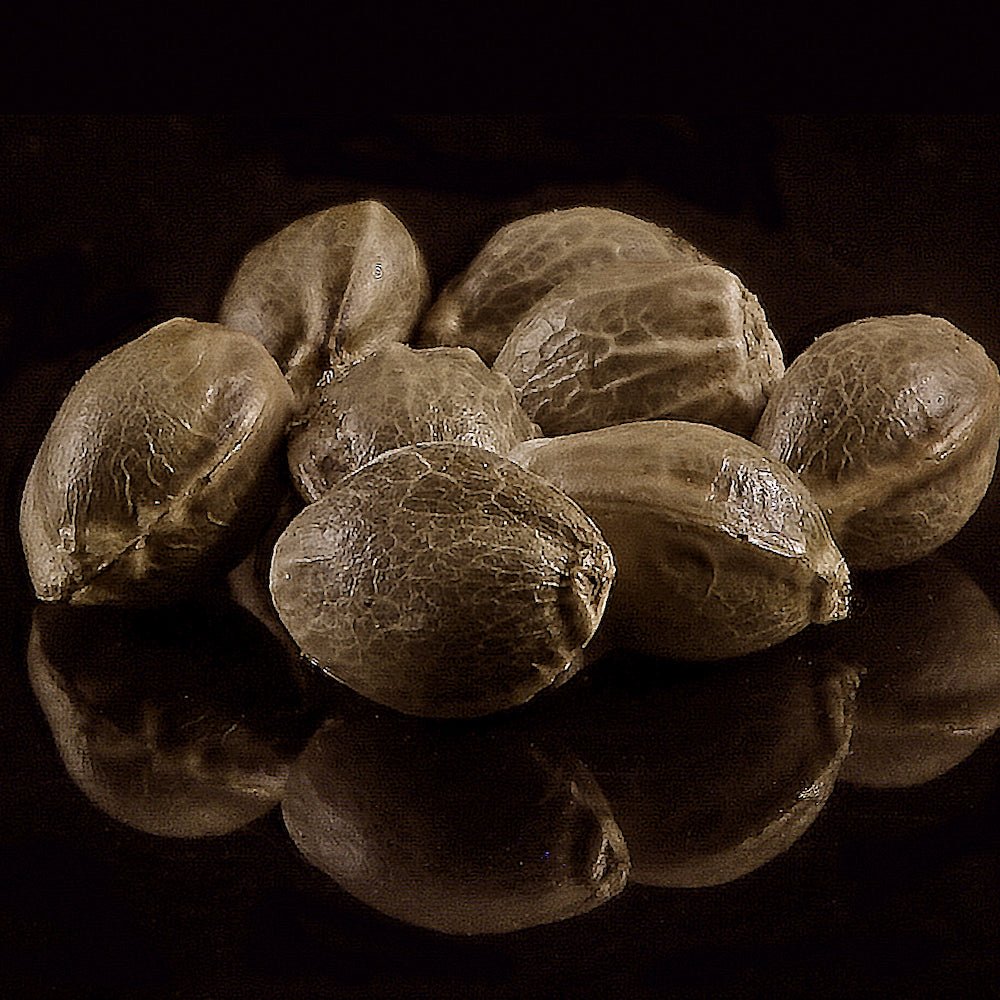
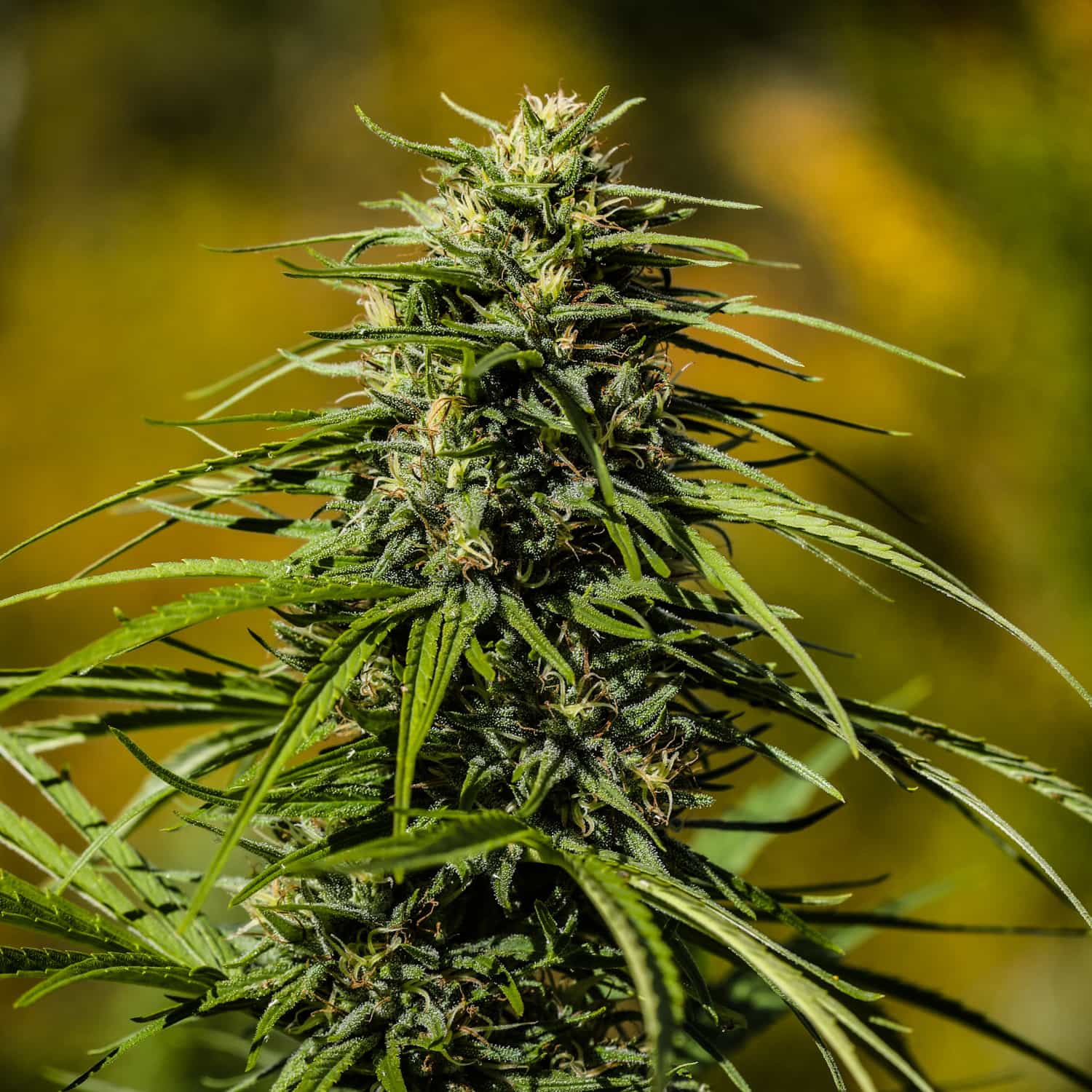
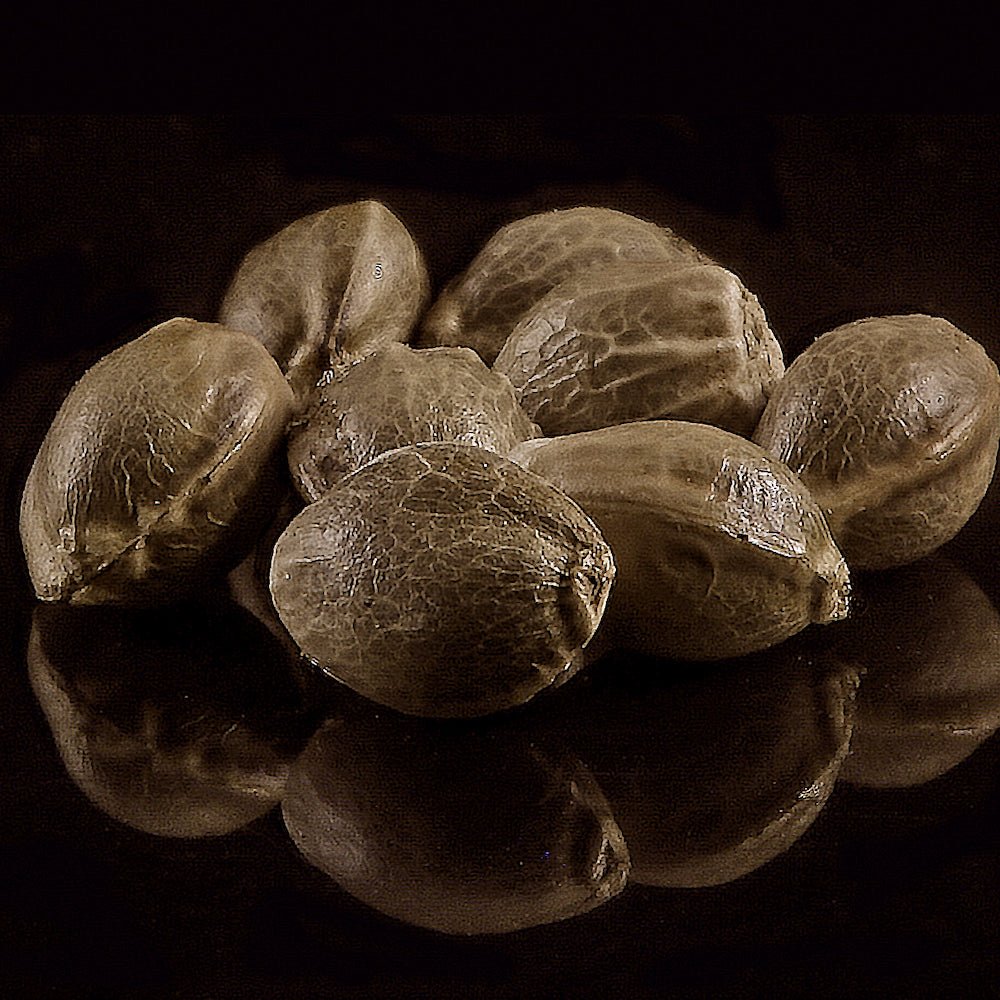
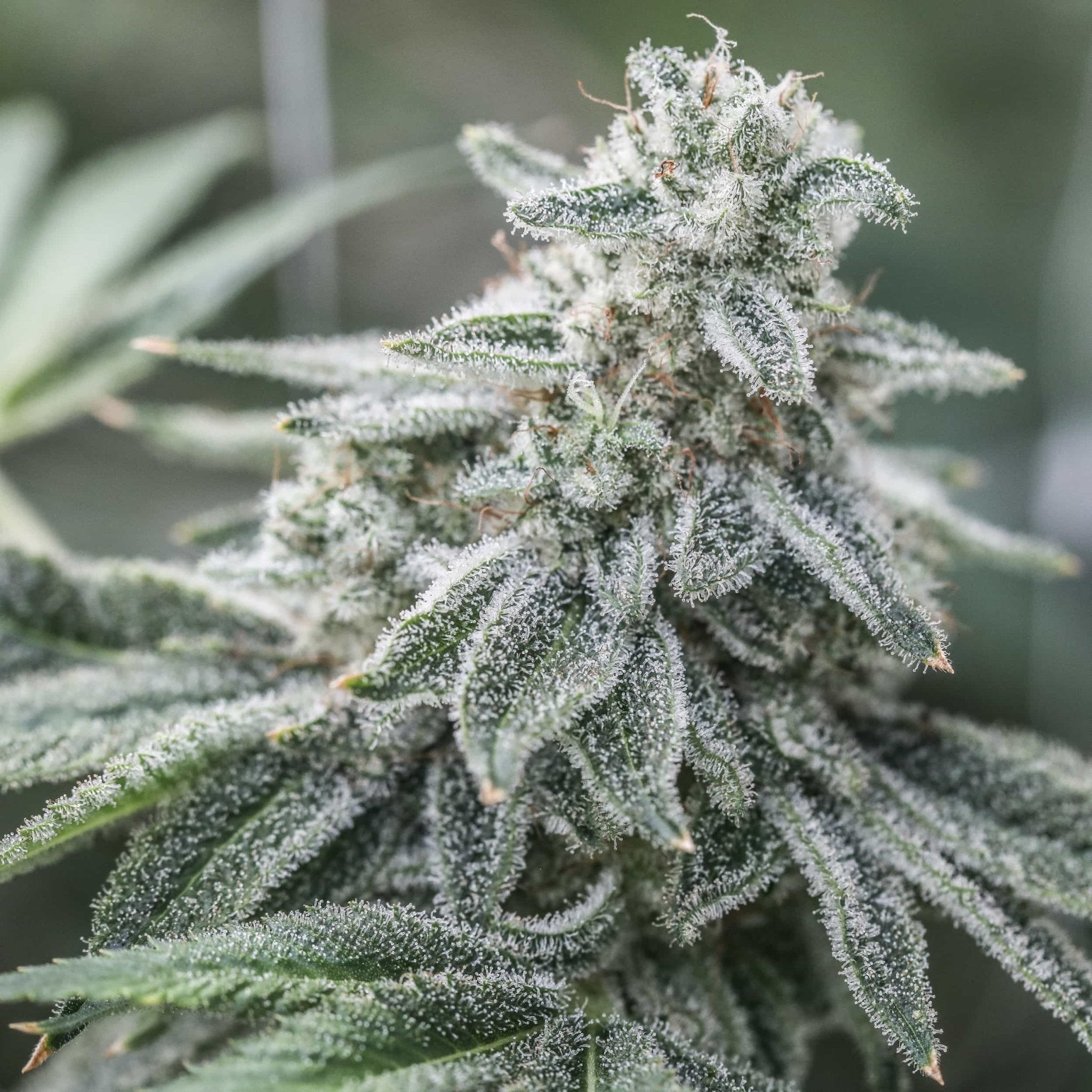
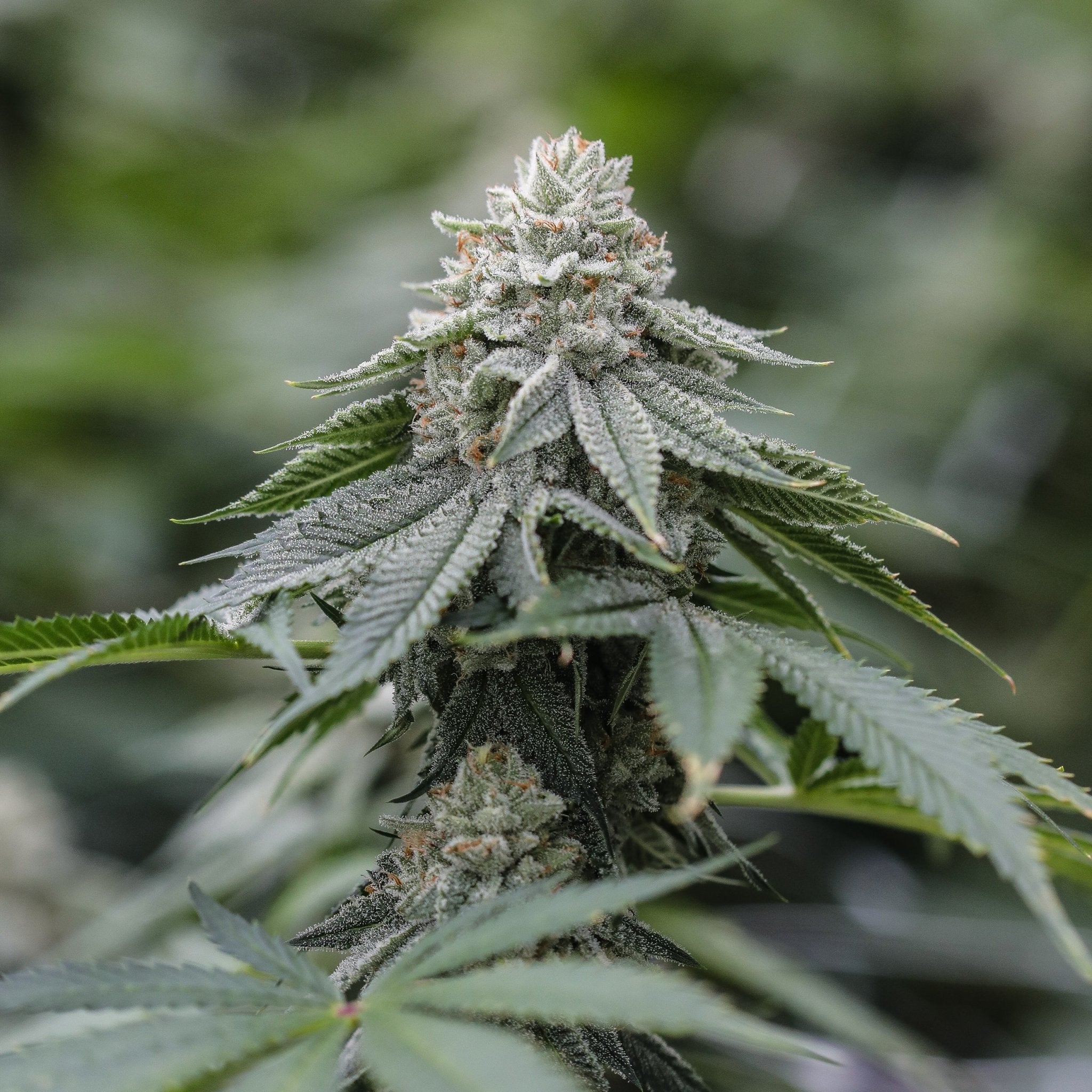
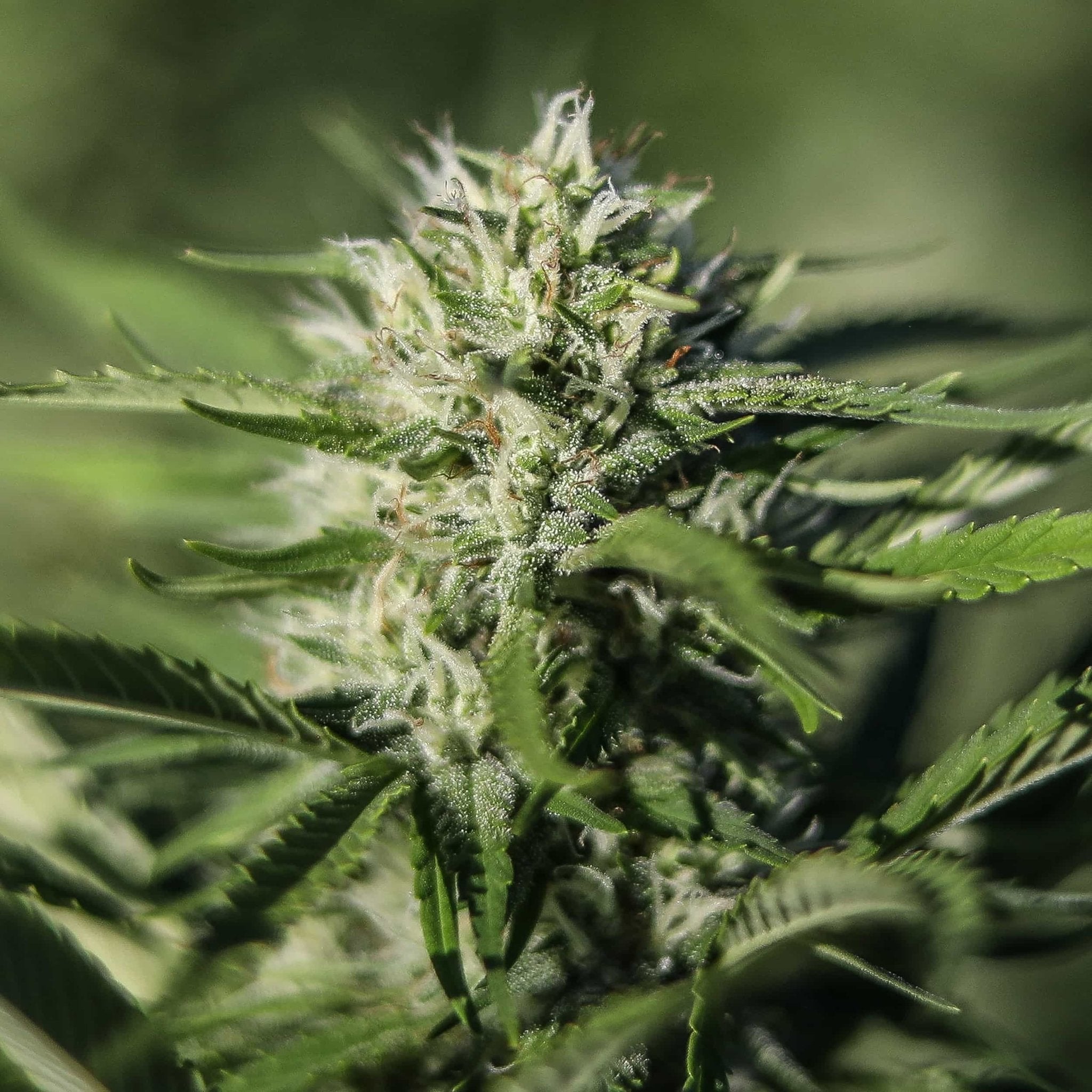
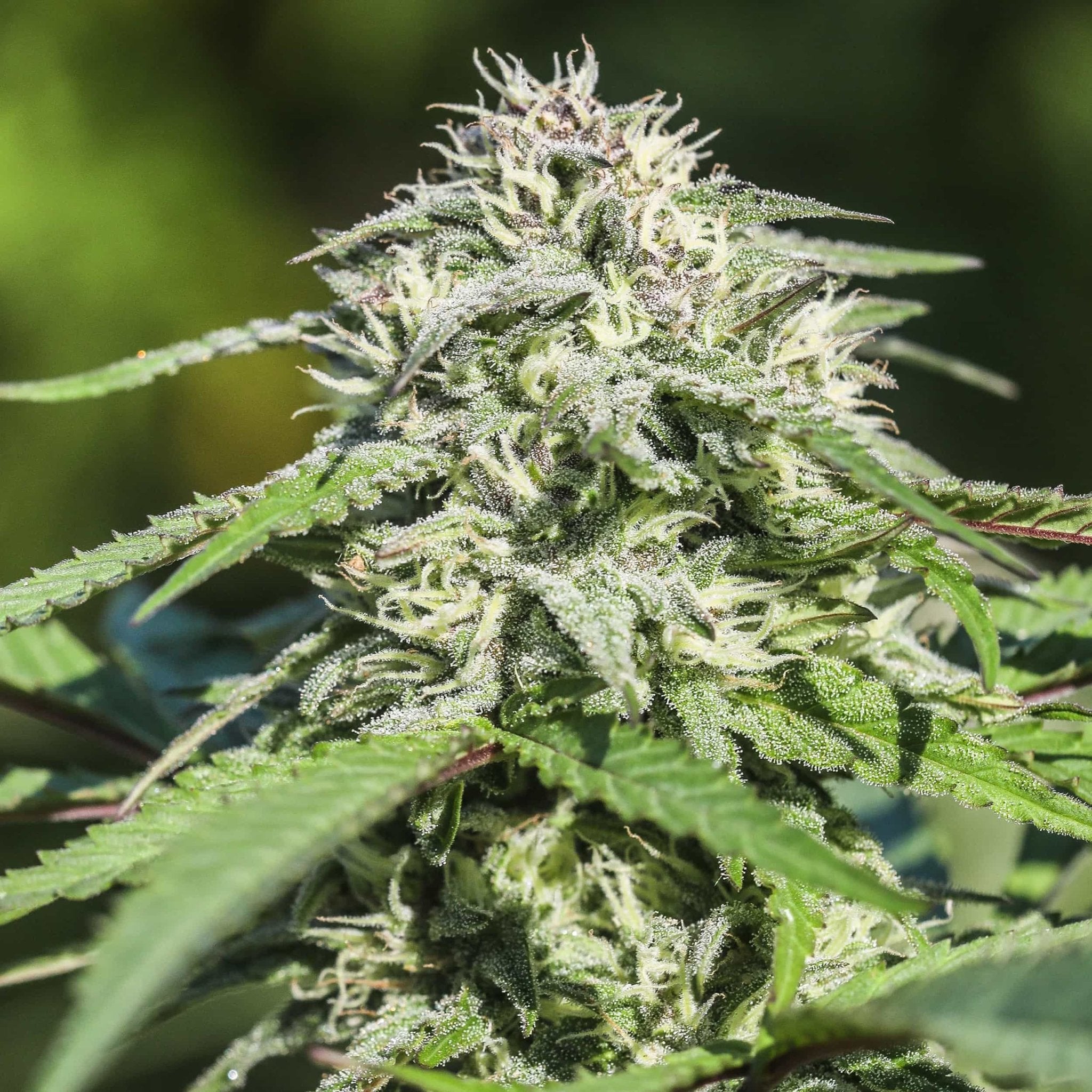
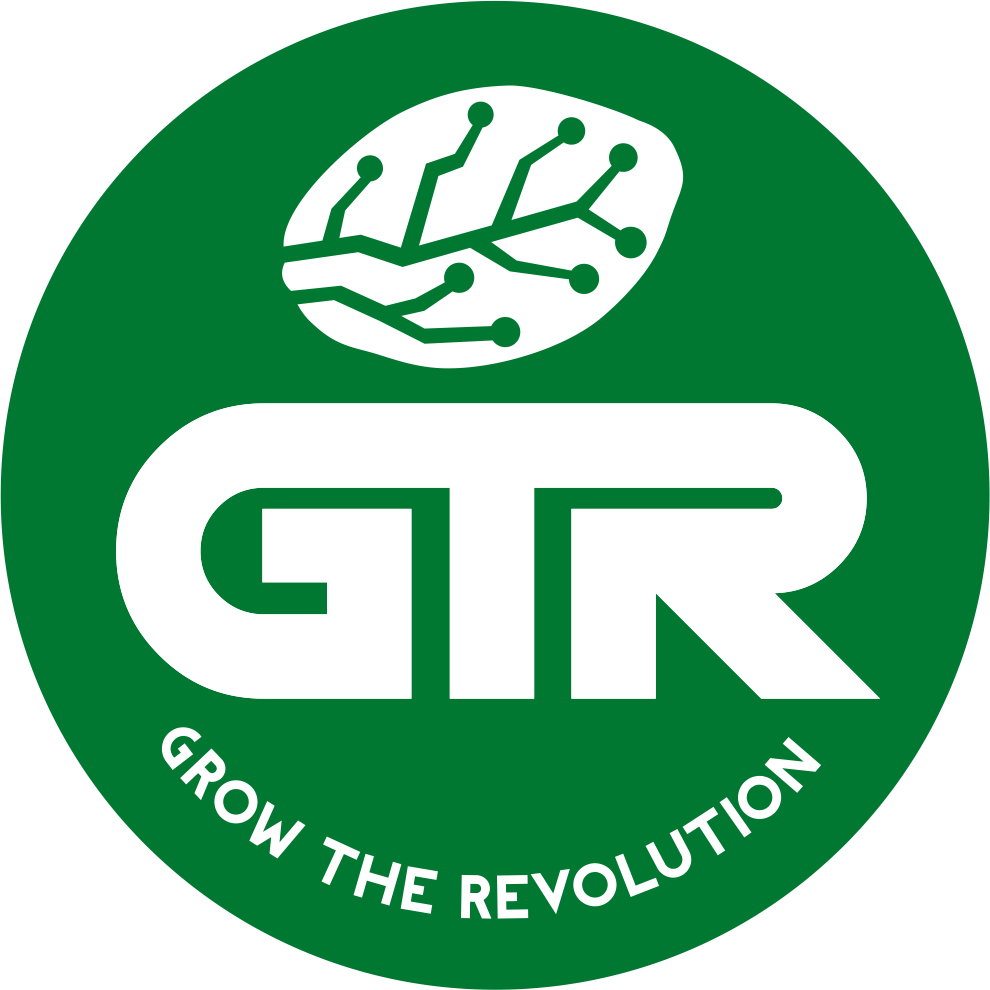
Comments
Hey can i get that plant pathologist’s number, she is fine.
Hello I am searching for tetraploid seed . Tetraploid mother and father or triploid x tetraploid if need be. I am not interested in ruderalis or crosses therein. My quest is ongoing and I understand if you are not willing to part. Oil dripping plants with stalks bigger than coffee cans are out there. Best of luck to you all